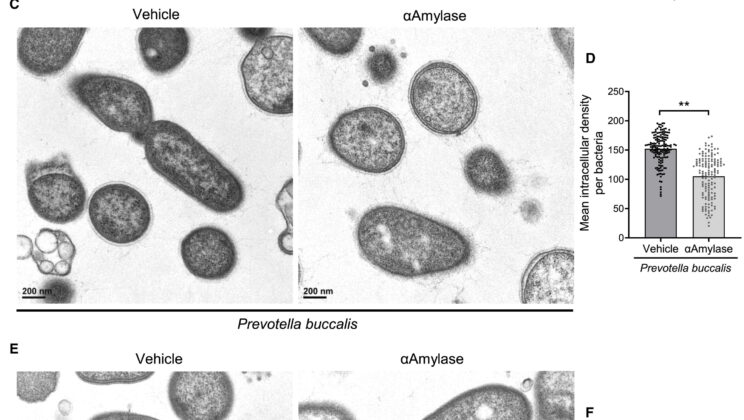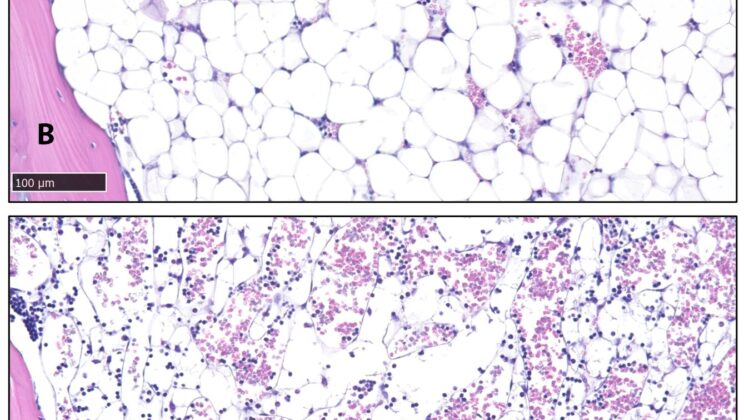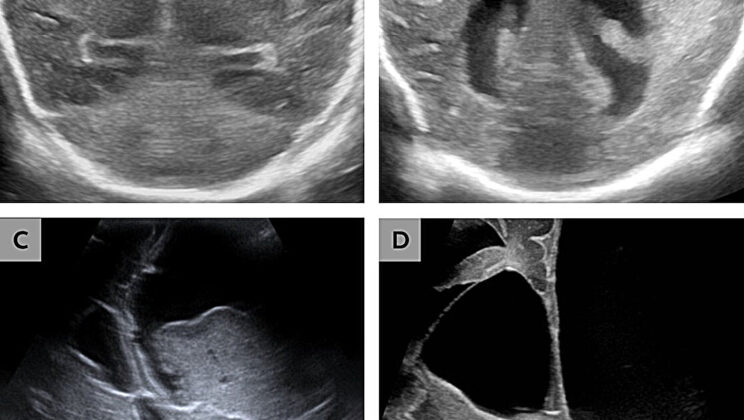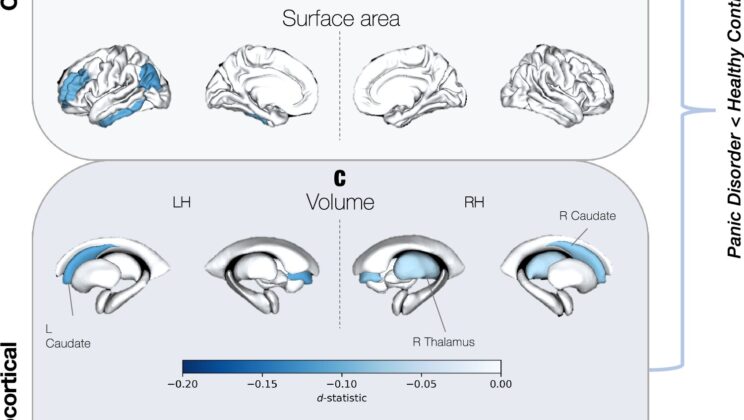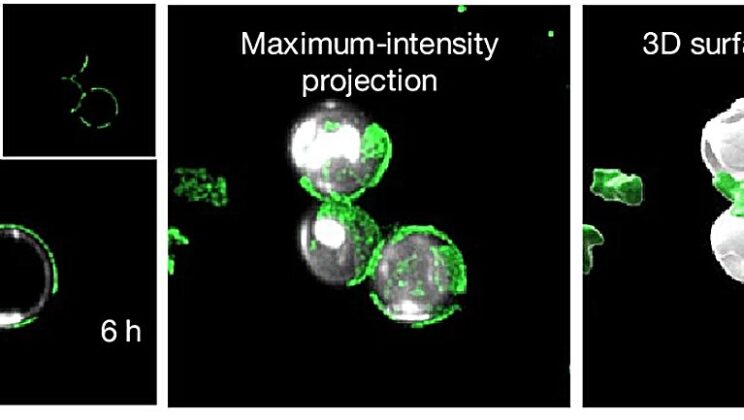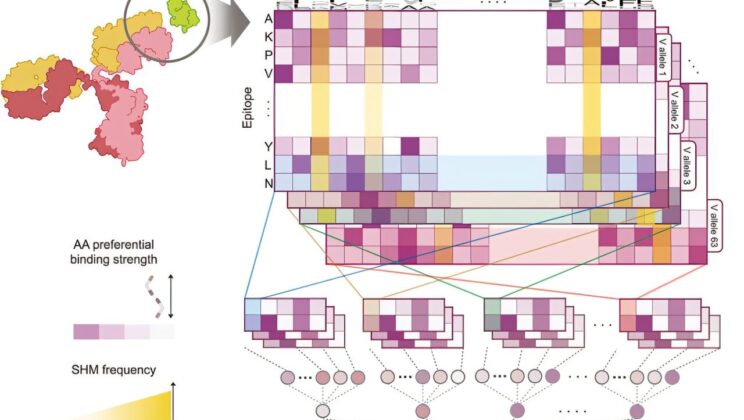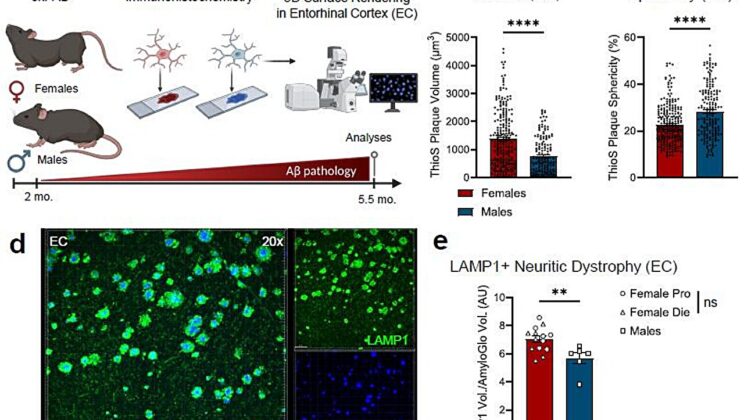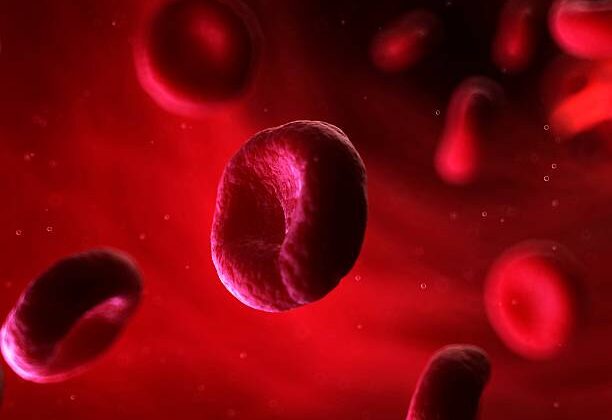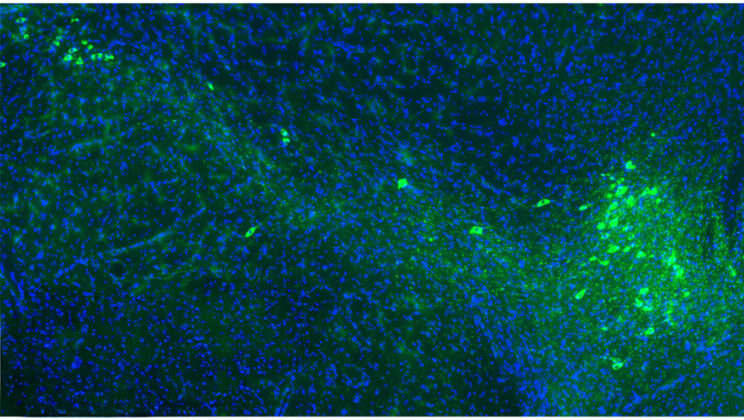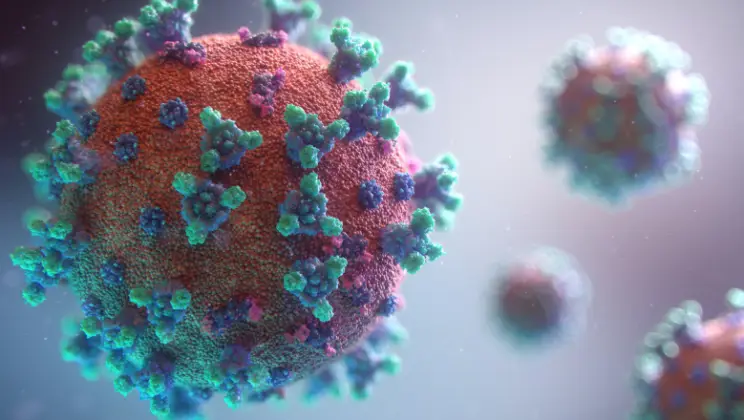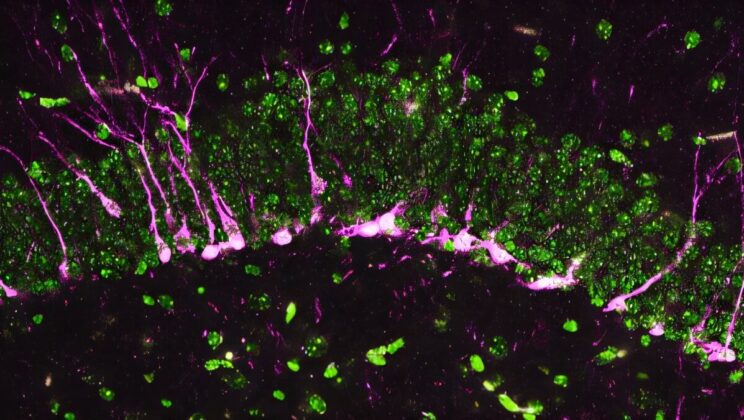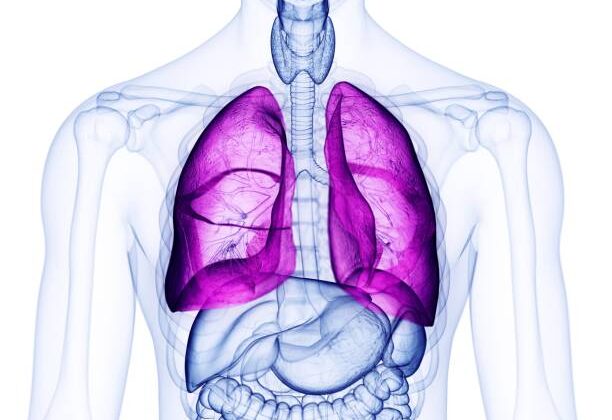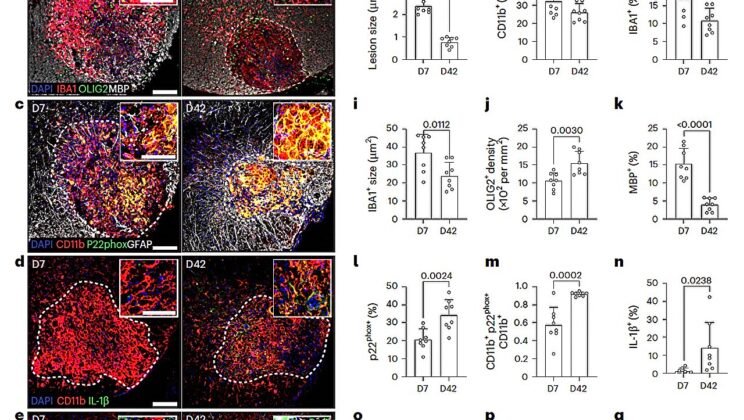For decades, Amyotrophic Lateral Sclerosis (ALS) and Frontotemporal Dementia (FTD) have felt like cruel riddles. They arrive quietly, then reshape…
Category: Health and Medicine
Scientists Found a Secret Brain Switch That Can Erase Body Fat Without Dieting
For years, scientists have known that not all fat in the body behaves the same way. Some fat seems eager…
Doctors Warn of a Hidden Pathogen Turning Infant Brain Tissue to Liquid
In hospital nurseries, the smallest patients fight the biggest battles. Premature lungs struggle to breathe. Fragile hearts learn to beat…
Your Brain Connectivity Patterns Could Predict If Acupuncture Will Stop Your Migraines
For millions of people, migraine without aura arrives like an uninvited storm. There are no flickering lights, no shimmering zigzags…
Your Brain Is Pathologically Lying to You About a Hole in Your Vision
It feels impossible, almost poetic, that every human being walks through the world with a small hole in their vision…
Scientists Scanned 5,000 Brains to Finally Uncover the Physical Imprint of Panic
For someone living with panic disorder, fear does not always announce itself politely. It can erupt in an instant, flooding…
Your Body Might Be Secretly Sabotaging Your Workout Calorie Burn
For as long as many of us can remember, exercise has carried a powerful promise. Move more, sweat harder, burn…
This Tiny Chest Implant Is Saving Patients Who Lived With Depression for Decades
For millions of people, major depression is not a passing storm. It is a long season that reshapes daily life,…
Scientists Finally Found the Natural Off Switch for Human Inflammation
Inflammation is the body’s battle cry. When bacteria invade or tissue is injured, immune cells rush in, blood vessels widen,…
This New Sound Wave Technology Is Probing the Deepest Secrets of Human Consciousness
For decades, consciousness has sat at the center of science like an unsolved riddle. We experience it every waking moment,…
This Tiny Genetic Particle in Your Blood Predicts Heart Health 30 Years Into the Future
For decades, doctors have searched for simple signals that can whisper the future of the heart long before illness appears.…
Scientists Uncover a Hidden Link Between Antibiotics and Sudden Anxiety
Antibiotics are among the most familiar medicines in the modern world. They are trusted, often lifesaving tools, taken to stop…
This Common Blood Protein Is Secretly a Superhero Fighting Off the Deadly Black Fungus
Deep within the human circulatory system, a quiet hero has been hiding in plain sight. For decades, scientists recognized albumin…
Scientists Reveal Why Our Immune Systems Have Been Losing the War Against Cancer
In the intricate landscape of the human body, a silent war is constantly being waged. Our immune systems are designed…
Scientists Finally Uncover Why Alzheimer’s Hits Women Harder Than Men
Deep within the intricate architecture of the human brain, a quiet but devastating mystery has been unfolding for decades. Today,…
Scientists Find Why Some People Carry Cancer Mutations But Never Get Sick
Deep within the spongy interior of our bones, a silent and constant manufacturing process is underway. Every second, millions of…
Scientists Finally Identify the Molecular Gates That Let Parkinson’s Spread Through the Brain
Inside the intricate architecture of the human brain, a silent and devastating relay race is constantly underway in those living…
New Data Reveals Over 100,000 Americans Still Dying Annually From a Virus Many Think Is Gone
For a long time, the rhythm of American life was dictated by a single, invisible force. We lived by the…
The Stench of Rotten Eggs Might Hold the Secret to Reversing Alzheimer’s Disease
Deep within the intricate architecture of the brain, a microscopic gas is performing a delicate dance between life and death.…
Scientists Finally Create a Human Lung on a Plastic Chip Using Only One Person’s Cells
Deep within the chest, millions of tiny, grape-like clusters called alveoli perform the silent miracle of life. These air sacs…
Why Some Brains Think Faster Than Others May Come Down to Timing, Not Intelligence
Every moment of being alive is stitched together from events that move at wildly different speeds. A blink happens in…
Scientists May Have Found Why Progressive MS Never Stops — and the Answer Was Hiding in Plain Sight
Multiple sclerosis is not a sudden catastrophe. It is a slow, unsettling unraveling. Inside the brain, optic nerve, and spinal…
